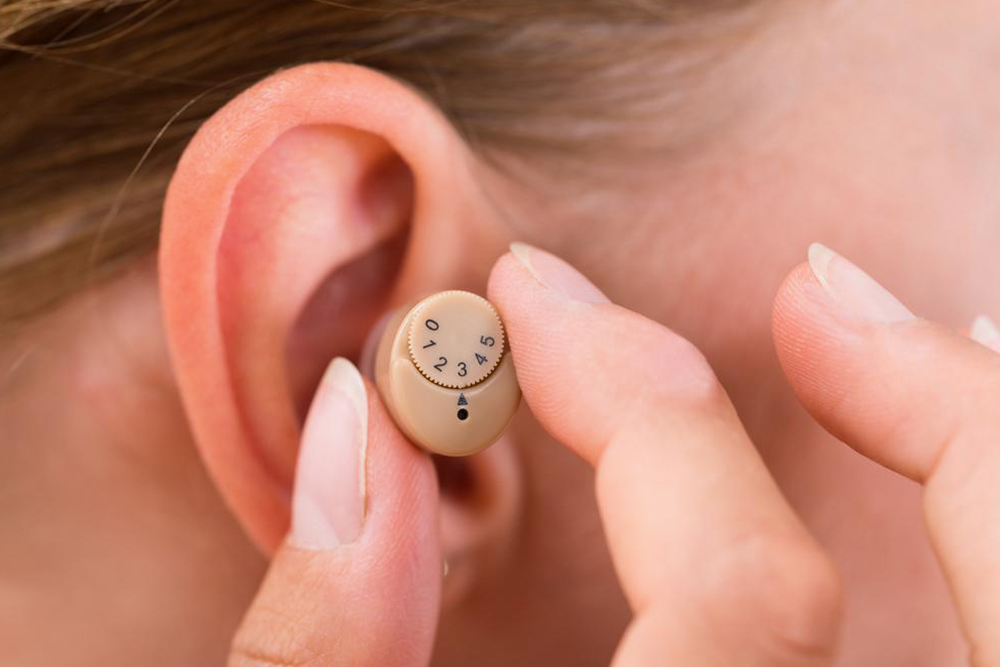Comprehensive Guide to Medicare Coverage for Hearing Aids and Related Services
This comprehensive guide explores Medicare's coverage for hearing aids and related services. While traditional Medicare offers limited coverage, options like Medicare Advantage plans and supplementary insurance can help reduce costs. Understanding diagnostic coverage, device expenses, and additional insurance options ensures seniors maintain optimal hearing health without excessive financial strain. Early planning and consultation with health professionals are key to accessing essential hearing health services and devices effectively.

Comprehensive Guide to Medicare Coverage for Hearing Aids and Related Services
Medicare is a vital health insurance program overseen by the federal government, primarily designed to provide medical coverage for Americans aged 65 and older. It also offers benefits for certain younger individuals with disabilities or severe health conditions such as kidney failure. Given the aging population and the common occurrence of hearing loss among seniors, understanding how Medicare supports hearing health is more important than ever. However, the coverage for hearing aids and associated services can often be confusing due to varying plan options and eligibility criteria. This article aims to clarify the intricacies of Medicare’s coverage for hearing devices, how to access benefits, and what supplementary options are available to reduce out-of-pocket expenses.
Medicare’s coverage for hearing aids is limited, and in most cases, traditional Medicare Parts A and B do not directly pay for hearing aids or routine hearing tests. Instead, Medicare primarily covers diagnostic examinations and procedures ordered by a healthcare provider, such as hearing tests to determine if hearing aids are needed. These tests are generally covered under Medicare Part B, which covers outpatient services. If you suspect hearing loss, it is crucial to first see a healthcare professional who participates in Medicare to get an appropriate diagnostic assessment. Once diagnosed, the costs associated with acquiring hearing aids are typically considered out-of-pocket expenses since Medicare does not automatically include coverage for device purchase or maintenance.
To navigate the gaps in hearing aid coverage, many seniors turn to Medicare Advantage plans, also known as Medicare Part C. These plans are offered by private insurance companies approved by Medicare and often include additional benefits not available through Original Medicare. Some Medicare Advantage plans provide coverage for hearing examinations, hearing aid fittings, and even the devices themselves. It is essential to carefully review and compare the benefits offered by these plans, as coverage details can vary significantly between providers and regions. By choosing the right plan, beneficiaries can potentially reduce the financial burden associated with purchasing hearing aids and related services.
Another strategy to mitigate expenses is supplementary private insurance or standalone vision and hearing insurance plans, which may cover costs not included in Medicare. For instance, some supplemental policies explicitly cover hearing aid devices, batteries, and ongoing maintenance, helping to offset the often high costs associated with hearing health care. Since hearing aids can cost anywhere from $1,000 to over $4,000 per device, having additional coverage becomes a critical factor for many seniors and individuals with disabilities.
In addition to understanding coverage details, it’s important to explore the different types of hearing aids available and their associated costs. Modern hearing aids have advanced features, including Bluetooth connectivity, noise reduction, and rechargeable batteries, which may influence the price. Investing in quality devices can significantly improve quality of life, but affordability remains a concern for many users. It is recommended to consult with licensed audiologists or hearing specialists who accept Medicare and other insurance plans to find suitable options within your budget.
To sum up, Medicare provides some coverage for hearing-related services, primarily diagnostic tests. However, coverage for the actual devices, such as hearing aids, is limited and often requires supplementary insurance or private payment. Planning ahead by reviewing Medicare Advantage options, exploring additional coverage, and consulting with healthcare professionals can help ensure that your hearing health needs are effectively met without undue financial burden. As hearing loss can have significant impact on quality of life, early detection and proper management through the right insurance coverage are essential steps toward maintaining your hearing health.





